Publications
Articles, publications, books, tools and multimedia features from the U.S. Institute of Peace provide the latest news, analysis, research findings, practitioner guides and reports, all related to the conflict zones and issues that are at the center of the Institute’s work to prevent and reduce violent conflict.
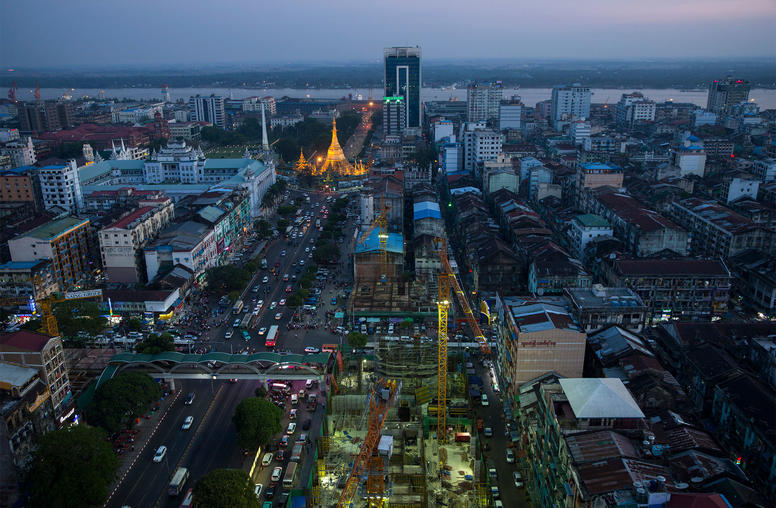
Myanmar: Casino Cities Run on Blockchain Threaten Nation’s Sovereignty
On January 20, a young venture capitalist named Douglas Gan sat down in a Philippine television studio to discuss, in part, an exciting new “Smart City” project his firm had become involved in. Sporting a black hoodie over a white tee-shirt, Gan described how one of his companies, Building Cities Beyond Blockchain, was already at work in Myanmar’s Yatai New City, recording instantaneous property transfers and showing the potential of blockchain technology. It’s a start, the anchor said. Gan agreed.

Violent Extremist Disengagement and Reconciliation: A Peacebuilding Approach
Existing efforts to disengage people from violent extremism are derived from security imperatives rather than from a peacebuilding ethos. This report—one of a series to be published by USIP’s program on violent extremism—presents a framework through which peacebuilders can foster disengagement from violent extremism and reconciliation between those disengaging and affected communities by examining the individual, social, and structural dynamics involved.

Lebanon's Unraveling Could Upend the Region and U.S. Interests
While Americans are understandably preoccupied with multiple crises at home, a catastrophe is looming in Lebanon with significant implications for the United States. Roiled by a major debt crisis that has been compounded by the COVID-19 pandemic and economic lockdown measures, Lebanon is rapidly spiraling toward the worst-case scenario: a failed state on the eastern Mediterranean.
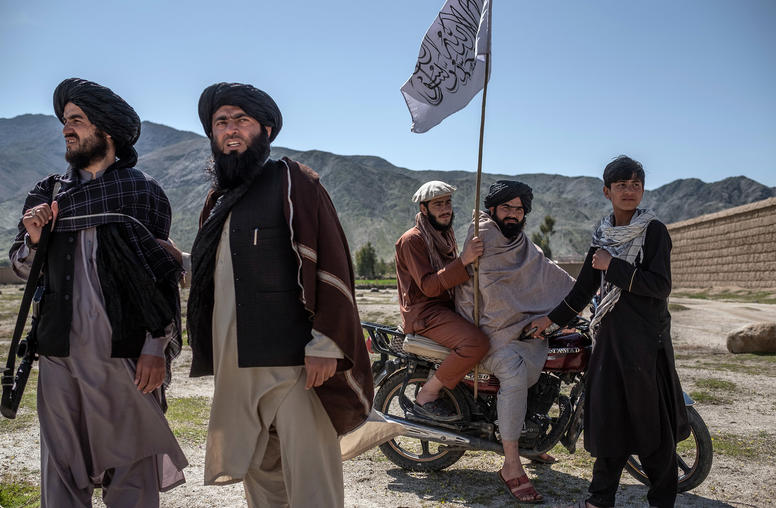
Afghanistan: Can Central Asia Help Spur Peace with the Taliban?
Afghanistan’s peace process could be taking a major step forward in August with the potential commencement of intra-Afghan talks, said the U.S. chief negotiator on Friday. “This is an important moment for Afghanistan and for the region—perhaps a defining moment,” said Ambassador Zalmay Khalilzad. Peace in Afghanistan would redound to the benefit of the entire region. As the peace process stumbles forward, one critical but often overlooked element is the role of Afghanistan’s Central Asian neighbors.
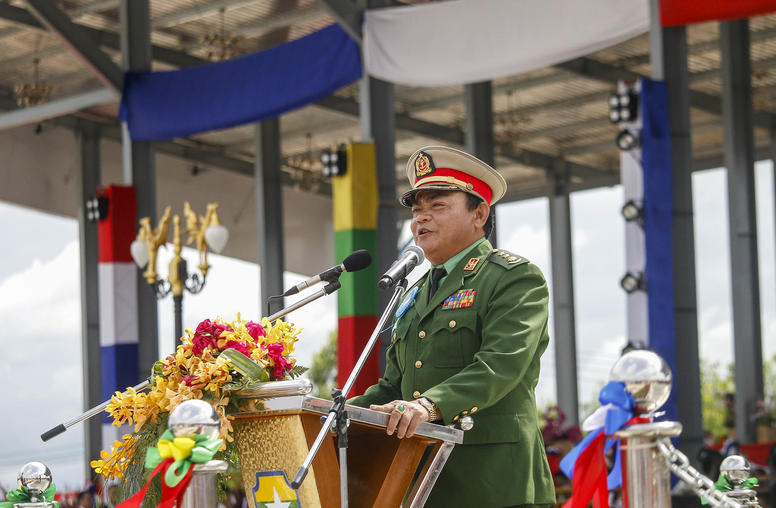
Myanmar’s Casino Cities: The Role of China and Transnational Criminal Networks
Seeking to profit from China's lucrative but illegal gambling market, a shady web of actors has begun building resort cities in Myanmar’s Karen State to cater to Chinese gamblers. This report casts light on the actors behind Myanmar’s illegal gambling sector, their linkages to Chinese government entities and to Myanmar's armed groups and military, and how their actions could upend Myanmar’s prospects for peace.
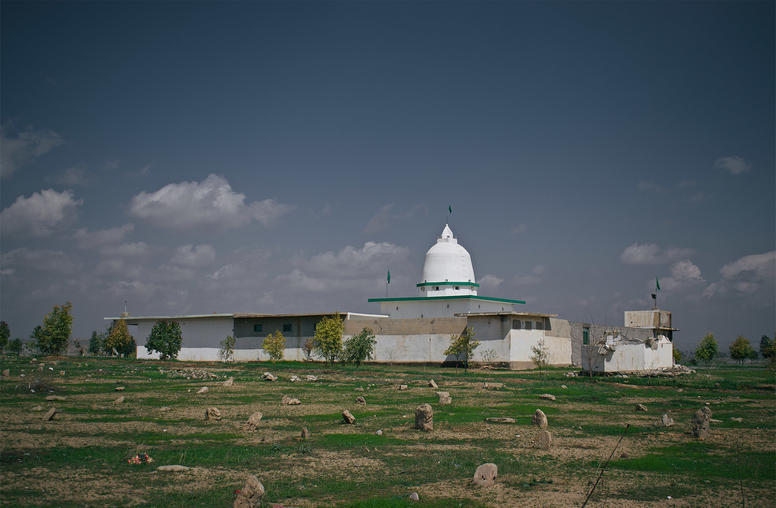
Threat to Kakai Community Poses Broader Challenges for Iraq’s Democracy
Amid the global pandemic, ISIS and the havoc it still wreaks have largely fallen out of the headlines. Nonetheless, the terrorist group’s genocidal march against Iraqi minorities has continued. In Iraq’s eastern Diyala province, ISIS has targeted the Kakai minority with multiple, vicious attacks. The plight of the Kakai community in Iraq is a microcosm of the larger existential challenges Iraq faces. Ethnic and sectarian divides have been a flashpoint for conflict and division for decades. For Iraq to move past the wreckage of ISIS, prevent the terrorist group’s resurgence, and advance its struggling democracy, the Kakai must not only be protected but woven more meaningfully into the diverse tapestry that is Iraq—and the United States has the opportunity to help.
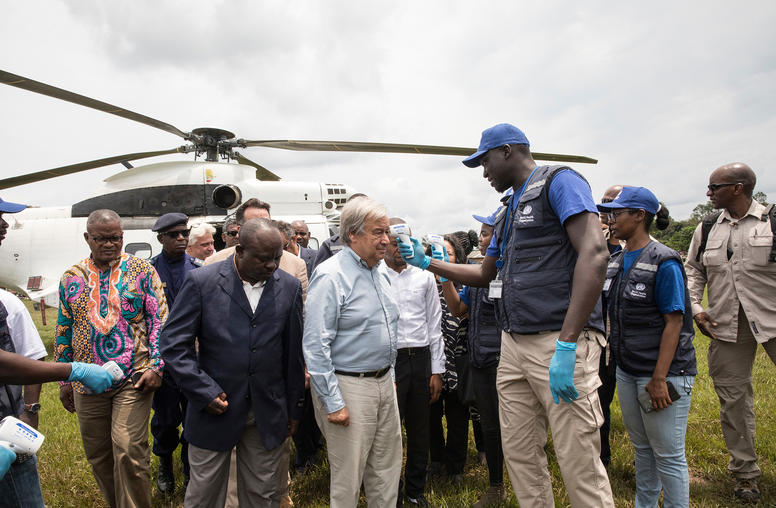
Amid COVID, We Need Enhanced International Coordination to Build Peace
As the humanitarian and economic toll of the COVID-19 pandemic continues to grow, so does the risk that this crisis will fuel new conflicts around the world, while stymying prospects for resolving ongoing ones. The global health crisis is triggering devastating levels of food insecurity and unemployment, especially in the world’s most fragile states, where the social contract between citizens and the state is severed and societies are fragmented and vulnerable to violence. These trends will almost certainly lead to a future spike in instability across these countries, unless concerted international action is taken.
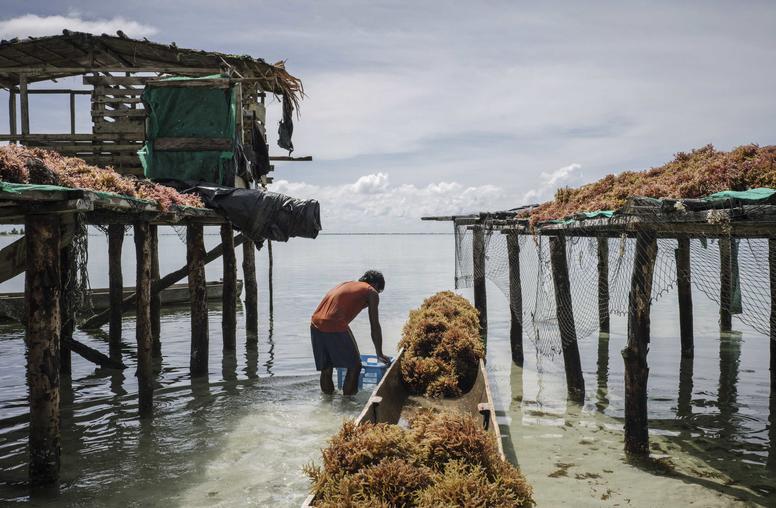
A Rising China Has Pacific Islands in Its Sights
As part of its bid to expand its influence across the world, China is emerging as an important diplomatic and economic partner for the small and far-flung Pacific Islands countries, but its engagement comes with challenges. As the economies of the Pacific Islands countries reel in the face of the COVID-19 pandemic, Chinese loans and aid are likely to become even more important in the coming months. China’s growing footprint in the region also brings a strategic challenge to the United States’ doorstep at a time when the U.S.-China relationship is under considerable strain.
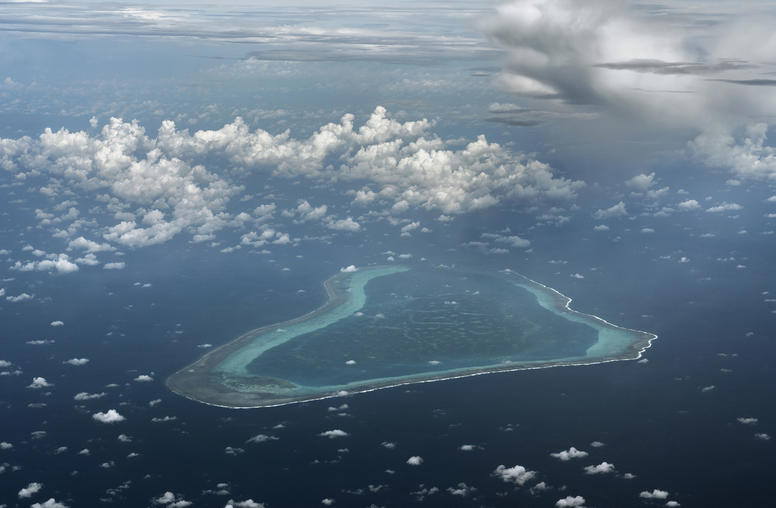
Tensions Rise as Washington Rejects Beijing’s Maritime Claims
Based on what Beijing calls “historic rights,” China claims vast swaths of the South China Sea, including waters and features also claimed by the Philippines, Vietnam, Malaysia, and Brunei. With no reference to international law, China’s “nine-dash-line” encompasses 80 percent of the South China Sea reaching as far south as more than 1,000 nautical miles from the China’s coast, within 50 nautical miles of Malaysia. Within these waters lie features occupied by China, the Philippines, Vietnam, Malaysia, and Taiwan, including three artificial islands that China built in 2012 and has since developed into military bases.
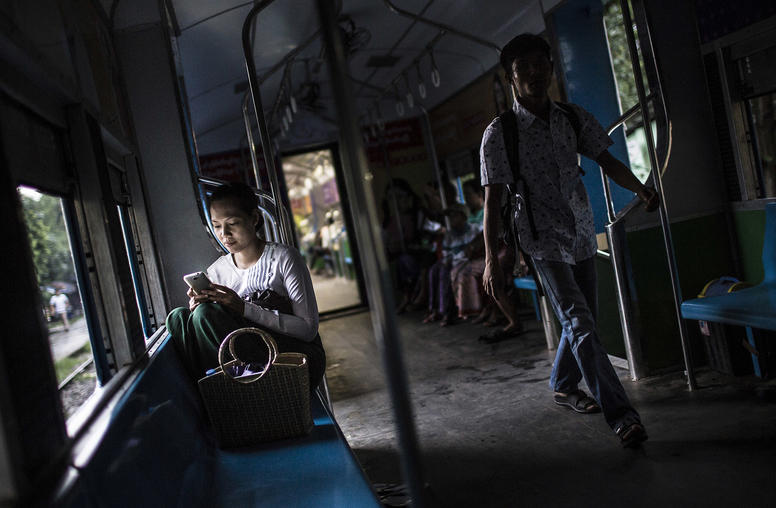
Myanmar: Transnational Networks Plan Digital Dodge in Casino Enclaves
The plans transnational crime groups have for Myanmar’s border region with Thailand are by no means easy to understand. Shards of information lie scattered across China, Myanmar, Cambodia, the Philippines, and Thailand. They appear in various languages in publicity videos on the internet, in business plans circulated on social media, and in white papers released by companies and individuals launching increasingly sophisticated schemes. The outline becomes clear, however, after cutting through denials and obfuscations, untangling local and international politics, and assembling the fragmentary data: A multinational cohort of individuals, linked to cross-border criminal activity, has allied with local armed groups in Myanmar to establish a base of operations beyond the reach of its civilian government. This creates an optimal environment to tap into the $25 billion-a-year illegal online gambling market in the People’s Republic of China.